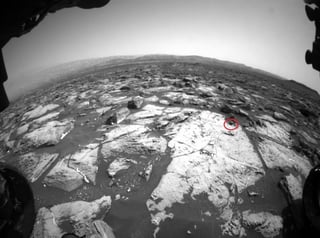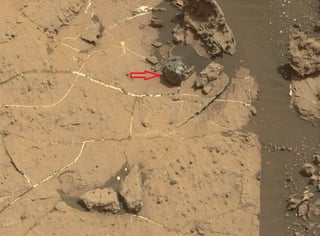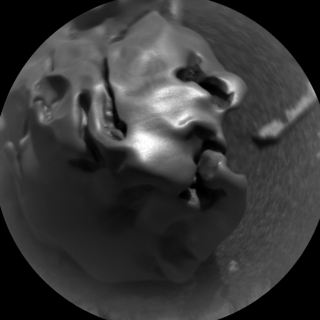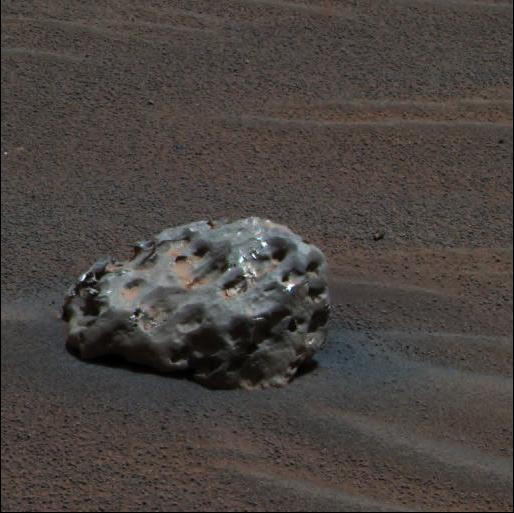A meteorite according to the Oxford English Dictionary is
A piece of rock or metal that has fallen to the earth's surface from outer space as a meteor.
But, meteors impact other planets. Are they still meteorites? Or is there another word for them. And, if they are still called meteorites, what is the threshold for an object to be impacted upon by a meteor or meteoroid in this case, and still have the meteoroid be called a meteorite. Are meteoroids impacting Pluto or Pallas meteorites?
We expect the OED to be authoritative so I am just curious if they have let us down or if the clever space brains have a taxonomy to differentiate them.



